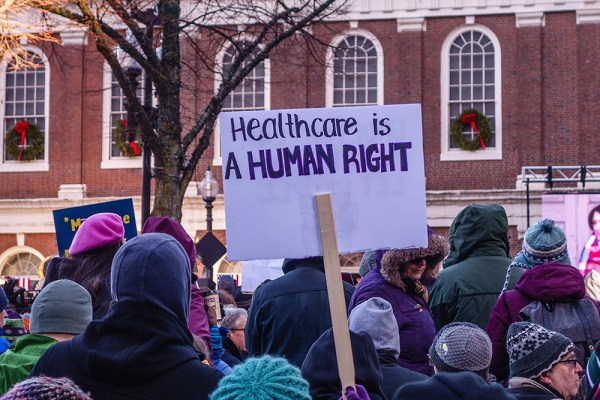Huge Decisions Loom for Lawmakers on Obamacare Taxes

One of the biggest calling cards of the Republican Party for the last several years, including President Donald Trump, has been to repeal the Affordable Care Act, also known as Obamacare. Although Obamacare has faced much opposition throughout its existence, recent polls suggest that most Americans don’t want it repealed, especially if there is nothing to replace it.
Still, republican lawmakers are undeterred in their efforts to scrap it. However, there are several significant taxes issues that must resolved, namely which taxes should they repeal. Make no mistake, republicans hate the Obamacare taxes, but some feel that they should keep them to help pay for their replacement plan. The taxes in question include:
- Net Investment Income Tax – this would automatically eliminate the 3.8 percent tax on capital gains.
- Health Insurance Tax – Health insurance providers are forced to pay this annual fee based on their market share.
- Medicare Surtax – This tax on the wealthy created an extra $7.3 billion for the government, so eliminating it would help anyone earning more than $200,000 (single filer) or $250,000 (joint filer) a year.
- Cadillac Tax – this is set to begin in 2020, but many lawmakers from bot sides oppose it, as it would be a huge tax on those with high-cost health plans, including many democratic-backed unions.
- Prescription Drug Tax – repealing this would help businesses that make or import branded prescription drugs and have to pay huge fees for doing so.
- Tanning Tax – this contributed to many tanning salons going out of business
- Medical Expenses Deduction Cap – this raised the threshold for deducting medical expenses from 7.5 percent to 10 percent.
- Flexible Spending & Health Savings Accounts – these placed lower limits on the amounts people can add to them and raised the penalties for using the money on anything other than medical expenses.
- Mandate Penalties – these are the penalties that people must pay if they choose not to have health insurance.
Each of these taxes could en up on the chopping block, but it remains to be seen which ones will be officially repealed and which ones will survive.
http://thehill.com/policy/finance/317880-gop-faces-big-decision-on-obamacare-taxes
IRS FIN 48
IRS FIN 48 Background As a result of the impending effective date for the application of Financial Accounting Standard Board Interpretation No. 48, Accounting for Uncertainty in Income Taxes, of FASB Statement 109 (FIN 48), some taxpayers may wish to request a greatly accelerated examination and resolution before the end of their current financial statement…
Where Should You Retire if You’re Wealthy?
Where Should You Retire if You’re Wealthy? Best Places Retire in USA if You’re Wealthy You’ve spent your lifetime accumulating wealth through your employment and other business endeavors. You have been successful at what you do and now the time has finally come when you’re ready to ride off into the sunset, so-to-speak. It’s time for…
Automatic Penalties for Late Form 5471s and Related Forms
Automatic Penalties for Late Form 5471s and Related Forms On January 1, 2009, the IRS will begin to automatically assess section 6038 penalties for each late-filed Form 5471, Information Return of U.S. Persons With Respect to Certain Foreign Corporations, and late filing penalties under section 6651 for related forms. IRS is now sending out letters…
Selecting a Good Trustee – Factors to Consider When Choosing a Trustee
Selecting a Good Trustee – Factors to Consider When Choosing a Trustee By Rocco Beatrice WHAT TO LOOK FOR IN A TRUSTEE When selecting a Trustee the most important qualities of a trustee are honesty, stability, dependability, organization, financial experience, and ability to devote time and energy on an impartial basis for the benefit of…




